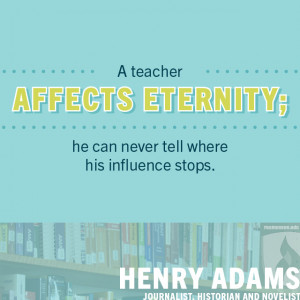 Schooling Supply is the world’s largest full-text research database designed for training students, professionals and policymakers. This chart exhibits the share of scholars who obtain minimum proficiency (i.e. the proportion who pass a world benchmark for minimal expertise), against the share who obtain superior proficiency (i.e. the proportion who cross a world benchmark for superior skills).
Schooling Supply is the world’s largest full-text research database designed for training students, professionals and policymakers. This chart exhibits the share of scholars who obtain minimum proficiency (i.e. the proportion who pass a world benchmark for minimal expertise), against the share who obtain superior proficiency (i.e. the proportion who cross a world benchmark for superior skills).
The primary source of knowledge on worldwide training expenditure is UNESCO’s Institute for Statistics (UIS) The same information is also then published by the World Bank ( World Financial institution EdStats and World Growth Indicators ) and Gapminder It is also the main source of schooling knowledge for most UN reviews – such because the EFA Global Monitoring Report (UNESCO), the Human Development Report (UNDP), the State of the World’s Children report (UNICEF) and the Millennium Development Goals (UN).
Under the Indian Technical & Economic Cooperation (ITEC) Programme and underneath the Colombo Plan, brief term trainings are supplied in diverse fields to employees of the Authorities of Nepal, public & personal sectors to improve their professional abilities.
These publicly funded non-municipal faculties are known as friskola (charter school) to differentiate them from tuition-primarily based non-public colleges (of which there are solely a handful left in Sweden). More and more, faculties throughout the country are trying to find ways to open schools and teach youngsters safely.
Lecturers at all levels are required to hold a licentiatura-degree qualification, which known as the Título Profesional de Educación Normal (Skilled Title of Normal Training). Both public and private HEIs may also search voluntary accreditation of their packages by businesses below the El Consejo para la Acreditación de la Educación Superior, A.C. (COPAES, the Higher Training Accreditation Council).